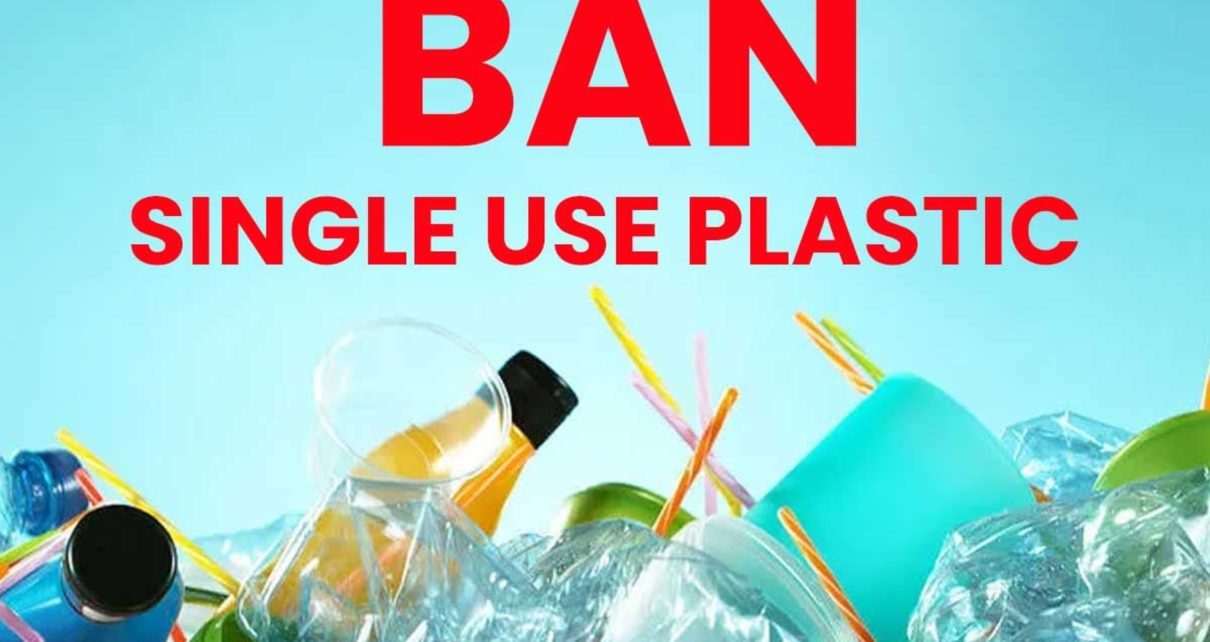By Joy Essien, Contributing Editor, Lagos Metropolitan
The Lagos State Government, on May 18, 2025, announced that full enforcement of the ban on the use and distribution of single-use plastics (SUPs) would commence statewide on July 1, 2025.
According to the Commissioner for Environment and Water Resources, Mr. Tokunbo Wahab, “The decision to ban single-use plastics in Lagos since the beginning of 2025 was an existential decision, driven by several factors. Lagos is a coastal state below sea level, with the smallest land mass of 3,575 square kilometres, yet it accommodates about 10% of the country’s population. That alone is a recipe for crisis. We did not just wake up whimsically and choose to ban styrofoam food packs in 2024.”
The ban on styrofoam food packs was initially announced in 2024, but enforcement has yet to commence. This raises an important question — why? From experience, enforcement will be difficult to achieve, and the reasons are not far-fetched. Nature abhors a vacuum, and eliminating anything without providing a replacement often creates bigger problems. In this case, the current method of seizing products is not sustainable.
On September 12, the Lagos State Government, through the Lagos Environmental Sanitation Corps (LAGESC), carried out enforcement operations against the use of single-use plastics in the Agege, Oshodi, Idumota, Mushin, Victoria Island, and Lekki market areas. LAGESC recorded a joint seizure of ₦2.5 million worth of styrofoam food packs and other single-use plastics during the operations conducted in markets and shopping malls across the state.
In its clarification, the state government explained that the statewide ban on single-use plastics does not include PET bottles, sachet water, or nylon carrier bags above 40-micron thickness. Other items banned under the single-use category are plastic straws, plastic cutlery, and carrier bags or nylons below 40-micron thickness—putting to rest misinformation being spread by mischief makers.
However, enforcement by seizure alone is not sustainable because there are no ready substitutes to fill the vacuum. If single-use plastics and styrofoam food packs are banned, what are the alternatives? What should they be replaced with? And how accessible are these options to sellers and importers?
We can take a cue from Asian countries such as Japan, where the transition has been largely successful. The alternatives must be green, biodegradable, environmentally safe, and affordable. Public enlightenment is also essential to drive behavioural change. When people understand the necessity for this shift, styrofoam food packs and single-use plastics will gradually fade out—with little or no need for strict enforcement.



